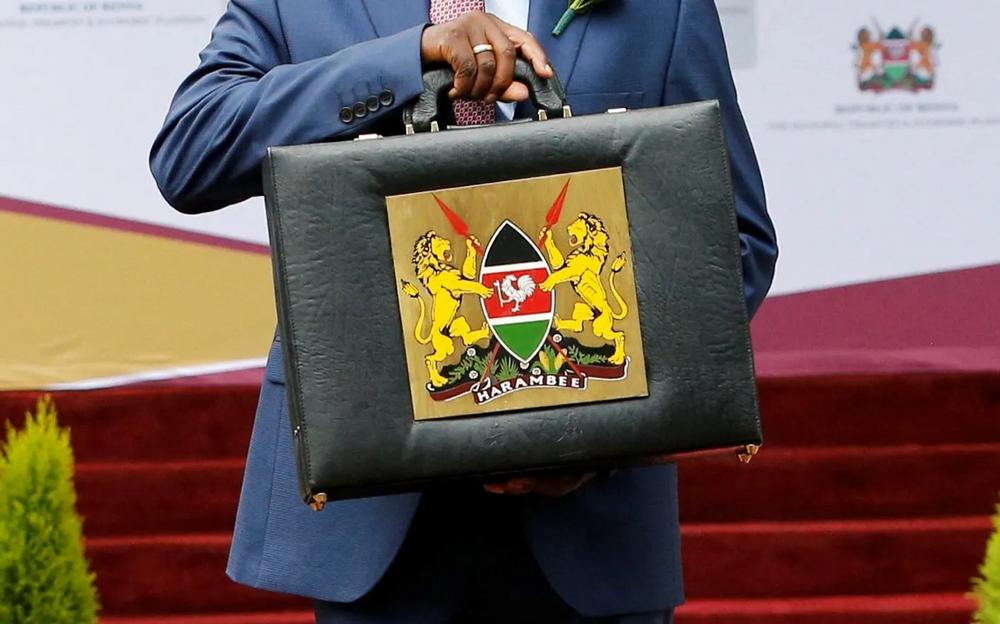Kenya’s new Finance Act 2025 has ignited a nationwide debate within the gaming industry. Designed to increase state revenue, the law introduces a 5 percent tax on all withdrawals from betting wallets, regardless of whether the money represents winnings or the return of a player’s own deposit. While the measure strengthens fiscal control and revenue collection, analysts warn that it could disproportionately affect casual bettors and push players toward unregulated markets — a paradox in a country that pioneered Africa’s regulated online betting boom.

Previously, Kenya’s tax structure focused on winnings, with a 20 percent tax on net earnings and a 15 percent excise duty on stakes. Under the new framework, every transaction—deposit, wager, or withdrawal—becomes a taxable event. According to projections from the National Treasury, betting tax revenues are expected to rise from KSh 5.4 billion in 2024 to KSh 11.4 billion in 2025–26, effectively doubling government income from the gaming sector.
Kenya Cuts Betting Tax to 5%—But Will Loopholes and Risk Rise?
The stated goal is to capture all financial flows within betting ecosystems and prevent tax evasion through wallet-based operations. The government also plans to integrate these controls with the Gambling Regulatory Authority of Kenya (GRAK), which will oversee compliance, audit operators, and ensure tax remittances in real time.
However, the implications for everyday bettors are significant. The new “wallet flow tax” means that even small or infrequent players will see deductions every time they withdraw funds. For casual gamblers—many of whom bet small amounts through mobile apps like SportPesa, Betika, or MozzartBet—this effectively penalizes participation. Analysts warn that unregulated offshore platforms could become more appealing, especially to players frustrated by constant deductions.
Comparatively, Kenya’s new model diverges sharply from other African markets. In Nigeria, betting tax is applied to operator turnover (7.5 percent VAT) but not directly to player withdrawals. In South Africa, winnings are taxed only above a defined threshold. Uganda imposes a flat 15 percent on operator revenue, leaving bettors untaxed. By contrast, Kenya’s 2025 policy applies a multi-layered fiscal approach that captures both operator and player transactions, making it one of the most aggressive taxation schemes on the continent.

Industry observers note that while the Finance Act may improve transparency and state control, it risks shrinking the regulated sector. Higher effective taxation could drive liquidity to illegal betting sites, eroding the very revenue gains the law seeks to achieve. Platforms operating without licenses—often hosted abroad—already process millions of shillings in bets each week, beyond the reach of Kenya’s tax system.

The government defends the measure as necessary for fiscal stability. Beyond taxes, the new Gambling Control Act 2025 mandates that bettors contribute to the Social Health Insurance Fund (SHIF) and a mandatory pension savings component, portraying gambling as part of a broader social responsibility framework. Critics, however, view it as excessive interference and question the feasibility of tracking micro-bettors through these systems.
For now, the reform places Kenya at the center of Africa’s evolving gaming regulation debate. It illustrates a tension familiar to many emerging economies: balancing public revenue needs with consumer protection and market sustainability. Whether this policy becomes a model or a cautionary tale will depend on its implementation — and whether the government can maintain bettor confidence in a system increasingly seen as punitive rather than progressive.








































